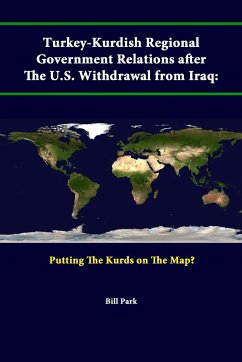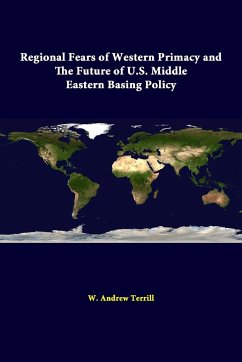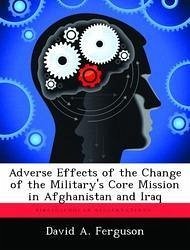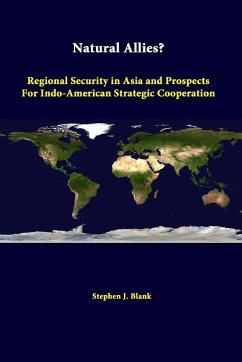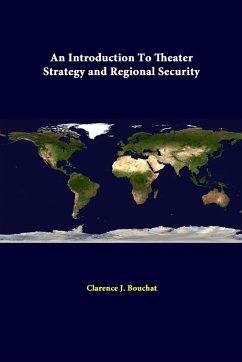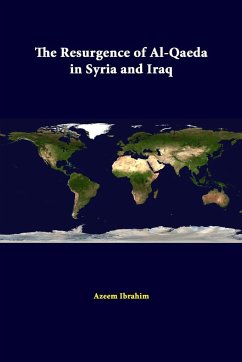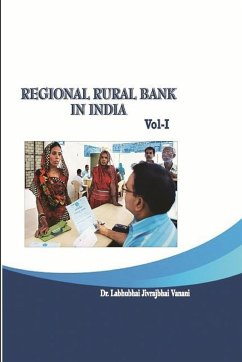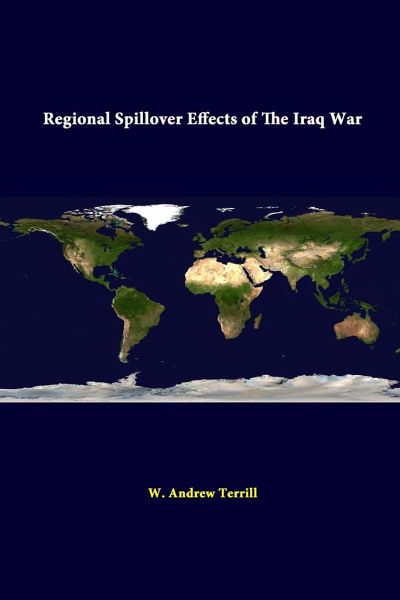
Regional Spillover Effects Of The Iraq War
Versandkostenfrei!
Versandfertig in 1-2 Wochen
18,99 €
inkl. MwSt.

PAYBACK Punkte
9 °P sammeln!
The Iraq war has been one of the dominant factors influencing U.S. strategic thinking in the Middle East and globally since 2003. Yet the problems of this highly dynamic and fluid war have sometimes forced U.S. policymakers to address near-term issues that cannot be safely postponed at the expense of long-term strategic thought. Such a technique, while understandable, cannot continue indefinitely as an approach to policy. Long-term planning remains vital for advancing regionwide U.S. and Iraqi interests following a U.S. drawdown from Iraq. Such planning must include dealing with current and po...
The Iraq war has been one of the dominant factors influencing U.S. strategic thinking in the Middle East and globally since 2003. Yet the problems of this highly dynamic and fluid war have sometimes forced U.S. policymakers to address near-term issues that cannot be safely postponed at the expense of long-term strategic thought. Such a technique, while understandable, cannot continue indefinitely as an approach to policy. Long-term planning remains vital for advancing regionwide U.S. and Iraqi interests following a U.S. drawdown from Iraq. Such planning must include dealing with current and potential "spillover" from the Iraq war. In this monograph, Dr. W. Andrew Terrill presents ideas, concerns, and strategies that can help to fill this gap in the literature and enrich the debate on the actual and potential spillover effects of the Iraq war that will face U.S. policymakers, possibly for decades.




